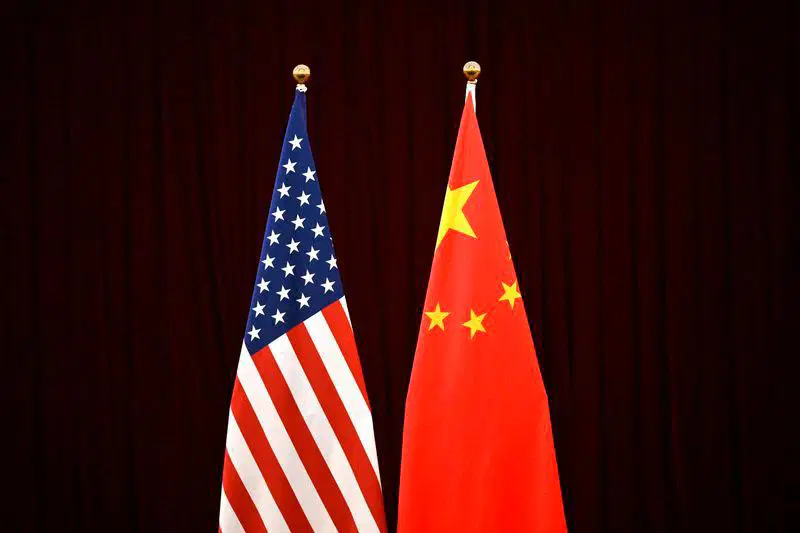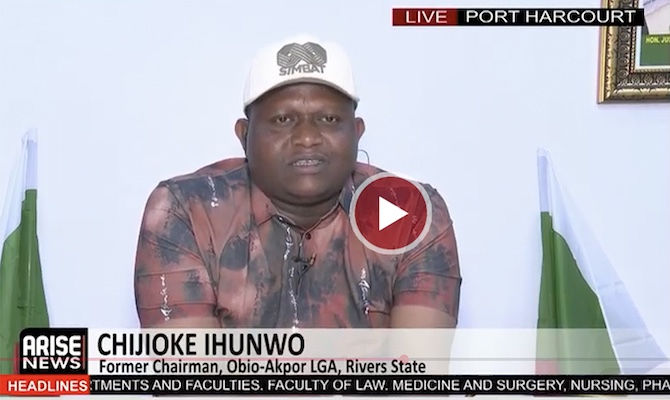
China and the United States have agreed to hold a new round of trade negotiations in the coming week, marking the latest effort by the world’s two largest economies to prevent another damaging tariff showdown.
The development follows a tense week in which Beijing announced sweeping restrictions on its rare earths industry, a move that prompted U.S. President Donald Trump to threaten 100 percent tariffs on Chinese imports in retaliation.
Trump had earlier hinted he might cancel a planned meeting with Chinese President Xi Jinping at the upcoming Asia-Pacific Economic Cooperation (APEC) summit in South Korea. However, in a fresh sign of de-escalation, Chinese state media reported Saturday that Vice Premier He Lifeng and U.S. Treasury Secretary Scott Bessent held a “candid, in-depth, and constructive” discussion by video call and agreed to meet again in person next week.
On social media, Bessent described the talks as “frank and detailed,” adding that both sides were eager to continue face-to-face discussions. U.S. Trade Representative Jamieson Greer also joined the call, according to China’s state-run Xinhua News Agency.
Just hours before the conversation, Fox News aired excerpts of an interview with Trump confirming that he now intends to meet Xi at the APEC summit. The U.S. president acknowledged that the 100 percent tariff threat was unsustainable, saying, “They forced me to do that.”
Coordinated Global Response
The renewed dialogue comes as Washington works to coordinate a unified response among G7 nations to China’s export restrictions. Speaking from Washington, EU economy commissioner Valdis Dombrovskis said the Group of Seven finance ministers had agreed to jointly diversify rare earth supply chains and share information with one another as they explore short-term solutions.
“We agreed, both bilaterally with the U.S. and at the G7 level, to coordinate our approach,” Dombrovskis said following meetings held alongside the IMF and World Bank’s fall sessions.
He noted that while most rare earth supplies currently come from China, diversifying sources could take several years. German Finance Minister Lars Klingbeil expressed optimism that an eventual meeting between Trump and Xi could help resolve the broader U.S.–China trade dispute.
“Within the G7, we’ve made it clear that we do not agree with China’s recent actions,” Klingbeil added.
IMF Managing Director Kristalina Georgieva also voiced hope that both nations would find common ground soon to cool escalating trade tensions.
The U.S.–China trade war reignited earlier this year after Trump returned to office and vowed to impose new, sweeping tariffs. The back-and-forth measures have seen levies climb to triple-digit levels at times, disrupting global supply chains and forcing many firms to delay imports and exports.
Though both sides have gradually reduced some of those tariffs, the truce remains fragile, making next week’s talks critical for restoring economic stability between the two superpowers.



